The Struggles of Change
In Marvila, right outside the city center, a blooming creative network of start-ups are thriving for opportunities. We met up with Hester Haars and Laura Vanweydeveld from the creative studio Dayclub, to talk about the struggles of change and how this effects people who commute by bike.
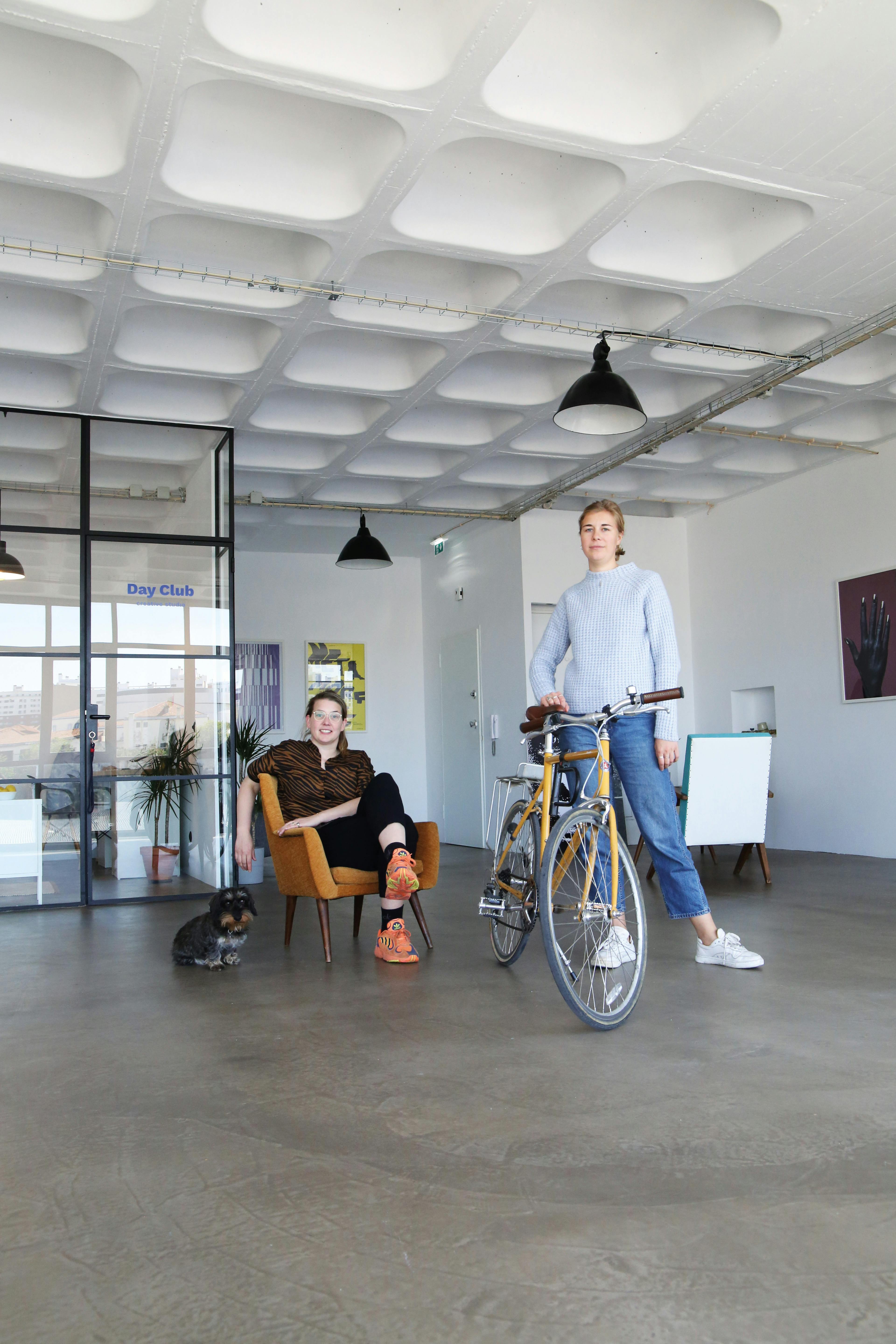
Text: Mari Oshaug
Photos: Mari Oshaug
Hester Haars is originally from the Netherlands and is married to Rita Haars Braz, a Lisbon born and bread. With their background in fashion and advertising, they started Dayclub studio in 2018, as a result of moving to Lisbon and wanting to create their own start-up company. Recently they also got Laura Vanweydeveld on bord. Originally from Belgium, she moved to Lisbon after working as a graphic and interior designer in London.
They are all into commuting by bike, and with such a varied background from other cities, we thought it would be interesting to talk about how they feel about the cycling culture changing in Lisbon.
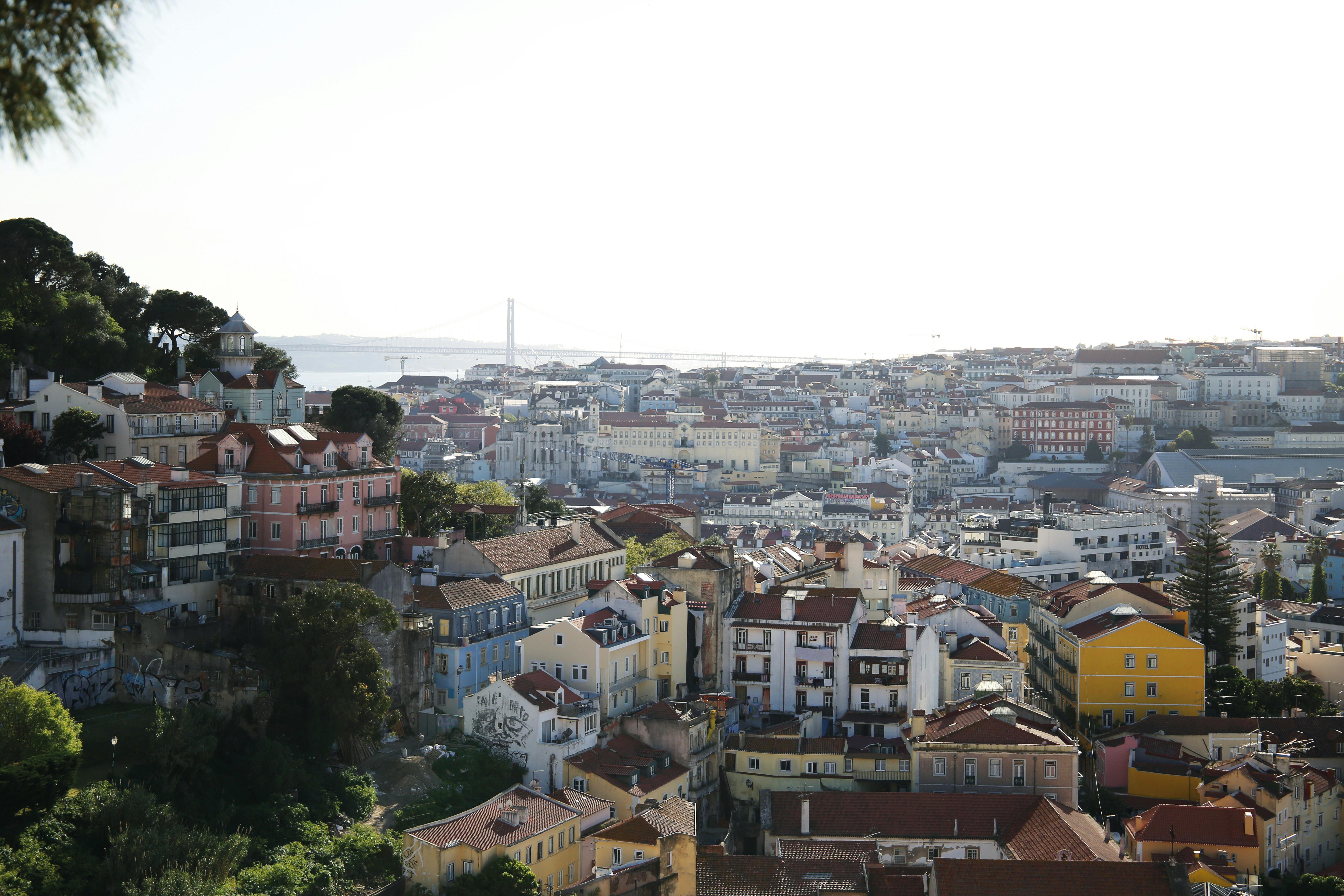
Bikevibe: How does living in Lisbon compare to Amsterdam, where everyone use a bike for daily transportation?
Hester: In the Netherlands you always go by bike, and walking is not something you prefer doing. When I lived in Amsterdam everything you need is within a 15 min bike ride, and as a dutch person you always commute by bike. Moving to Lisbon was a different story. Now when I go to the supermarket, I walk, because that is the common thing to do here. This is very odd to me because I’m not used to that. It’s slow, it takes a lot of time and it’s not really convenient. I miss cycling a lot, but for me to commute to work I have to cross a very busy street, and Portuguese drivers are not aware of cyclists, so I don’t feel comfortable cycling to work yet. I find it scary and I see a lot of accidents a long the road, so that’s the reason why I don’t cycle in the city.
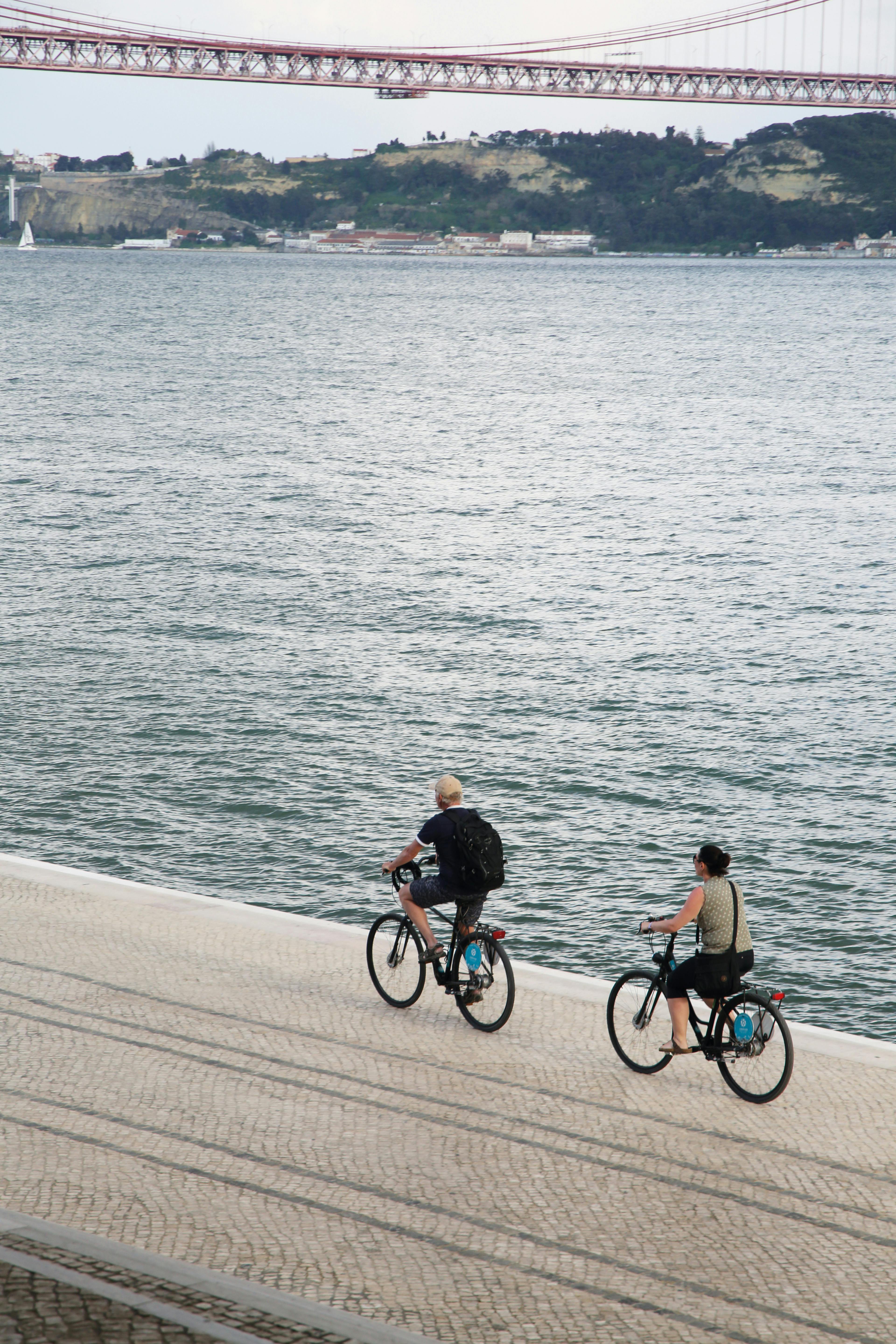
Bikevibe: So if you had a more secure way of getting around on your bike, would you cycle?
Hester: For sure! There is a nice bike path a long the river, so if that was in my direction I would definitely go cycling. I hate taking the car and love to ride a bike. But since our commute does not offer a bike path, we have to go through the city center and over the hills and it becomes a much longer travel. The area of Marvila could actually be perfect for cyclists, because the public transportation is not the best, so going by bike would be a great solution to that. I miss my bike.
Laura: I used to cycle a lot in London, so when I moved to Lisbon I wanted continue doing that. I’ve been cycling to work for a month now and I’m lucky because my commute is a long the river where the bike path is, so it’s really easy. But as soon as I get to the old town of Lisbon I have to go by foot because it is too difficult to cycle.
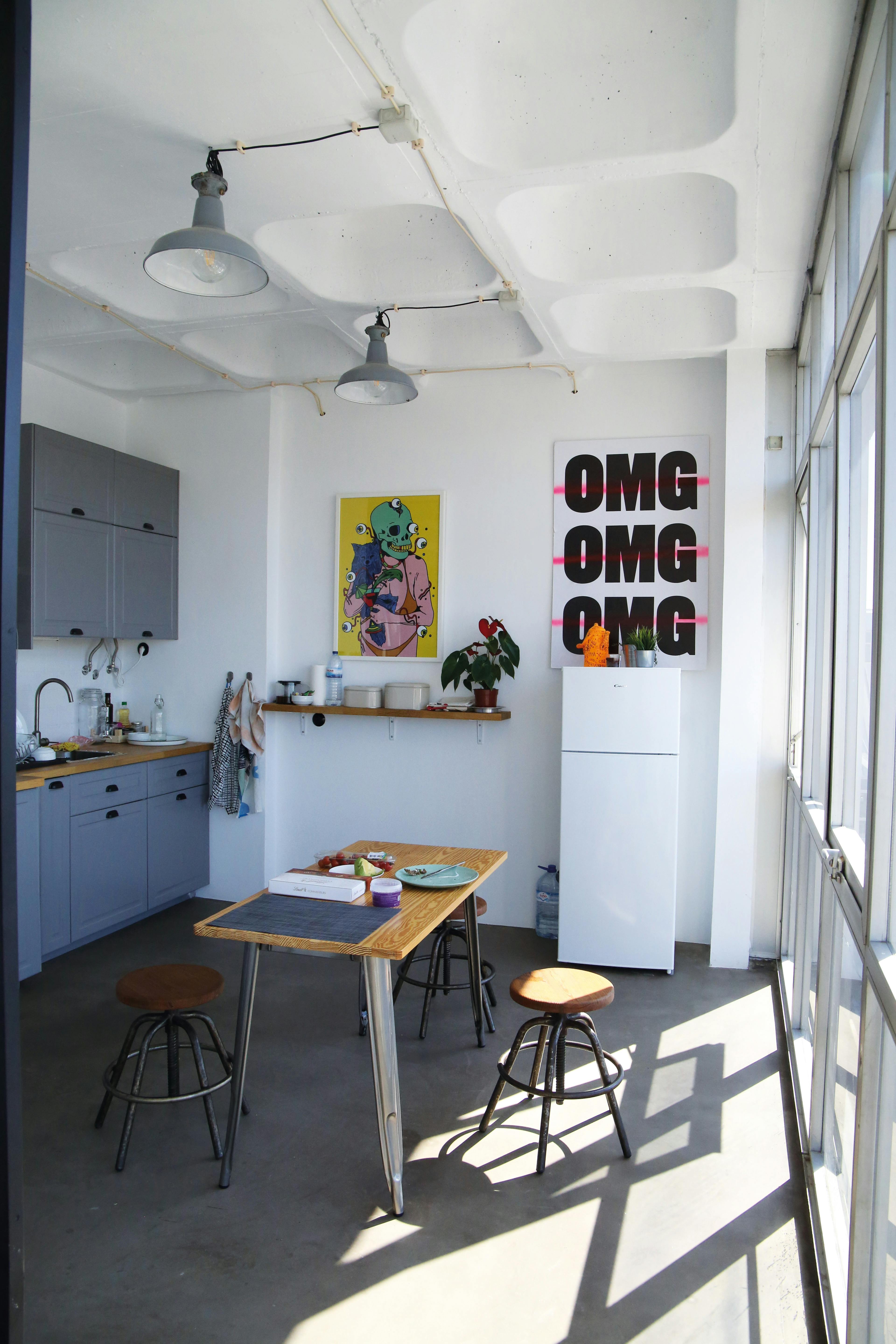

Bikevibe: So we have to opposites in Laura who enjoy cycling and Hester who do not cycle, but would love to do it. What would it take for you Hester to start cycling?
Hester: I feel really unsafe, so for me to start cycling the safety aspect would have to change. Drivers have to be more aware of cyclists, especially outside the city center. It’s also mostly contains of busy streets and loads of traffic, so you have to cycle on the edge of the road or in the middle of traffic, which is impossible with cars going 70 km an hour. Even though I consider my self an experienced cyclist, it doesn’t matter because drivers would still cut me off. I see maybe one accident a week on these streets and that doesn’t help either. I feel scared even driving a car at times.
I used to cycle when I was living in Berlin, as well. Even though they too have some crazy drivers, it is much better facilitated for cyclists, so you can get around without being scared. I also have a feeling that drivers don’t learn about the blind spot in Lisbon. As a dutch driver, all I do is looking over my shoulder for cyclists. The Lisbon drivers think they can see everything by using the mirrors and maybe that’s partly the reason for so many accidents.
Bikevibe: How do you feel about cycling in Lisbon, Laura?
Laura: I love cycling, but I also took up cycling for financial reasons. You get a friendly, faster ride and it doesn’t cost anything. When I cycled in London I experience the change from it being not safe, to actually being a good city to ride in. Now coming to Lisbon I see the same thing over again. They have such a long way to go and it’s not even close to be safe for cyclists. The reason to why I cycle is that I have an ok route with a bike path, but I don’t think I would do it if I lived somewhere else in the city.
We are starting to see the positive changes in Lisbon with offers of electric bikes and scooters, but the city is lacking the infrastructure to support this initiative, so again you are stuck in the middle of the road with all the cars. There is also the fact that the rental bikes are very expensive. It would cost more for us to ride an Uber Jump bike, than to go by car or even take an Uber taxi.
Hester: Although the electric scooters are a positive initiative as an alternative to using a car, there is a problem in Lisbon with people leaving them all over the place. When they are broken they start to beep and outside my apartment I can hear the beeping going on and on all night. It is very frustrating at times.
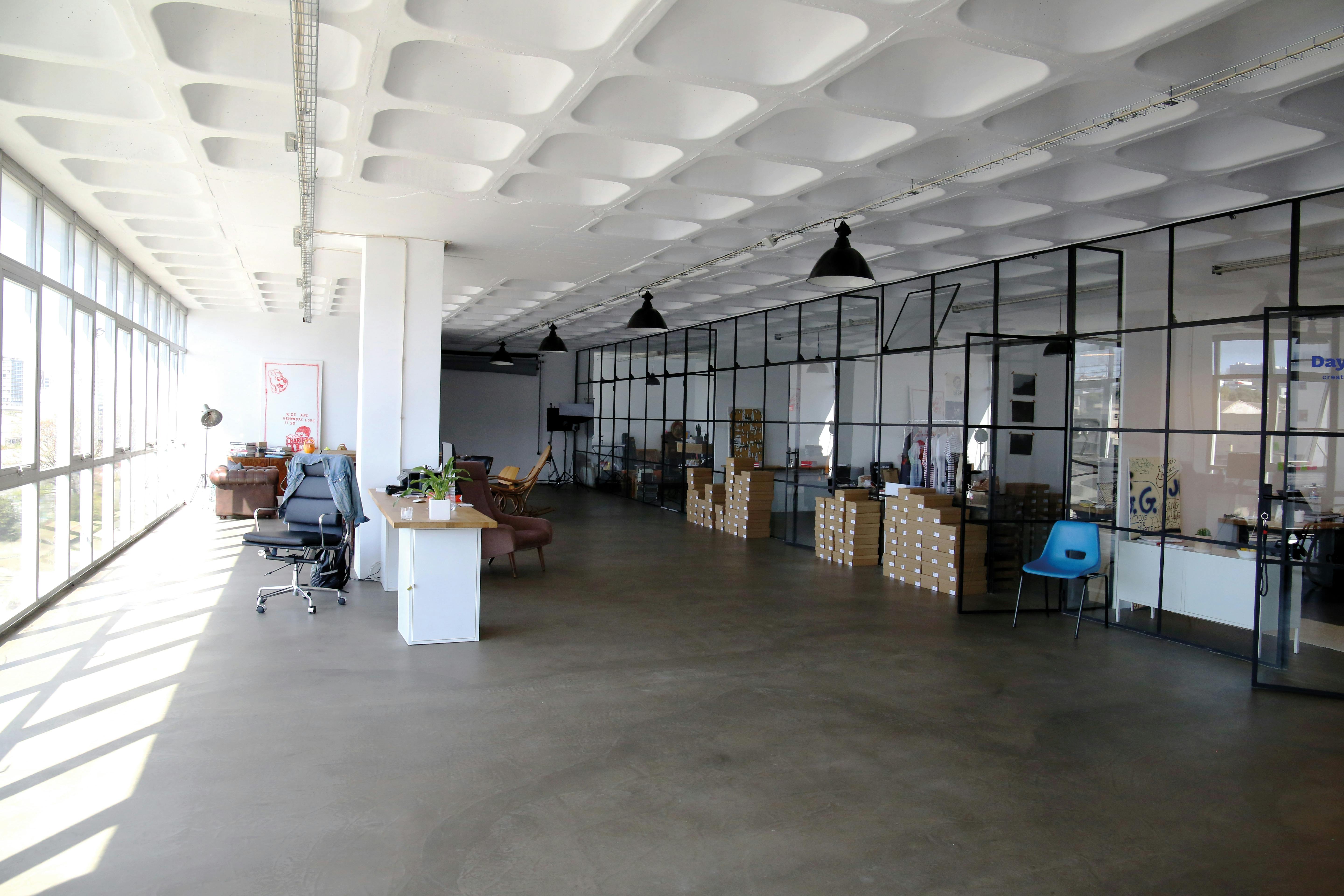
Bikevibe: So something that in theory is a positive initiative, becomes pollution in the city?
Laura: Absolutely! I have a friend who describes it as physical graffiti. All the scooters piled up in the streets. As a designer I also think that visually they brand the scooters and bikes in a way that is very bragging. And when there are so many brands you see them everywhere.
Hester: The electric bikes are probably the way to go, looking at the city. It makes sense having a motor that supports you going up the hills. The scooters have that too, but since the city has a lot of cobble stones, it’s not really comfortable to ride. It needs to be a comfortable ride for people to use it more than once.
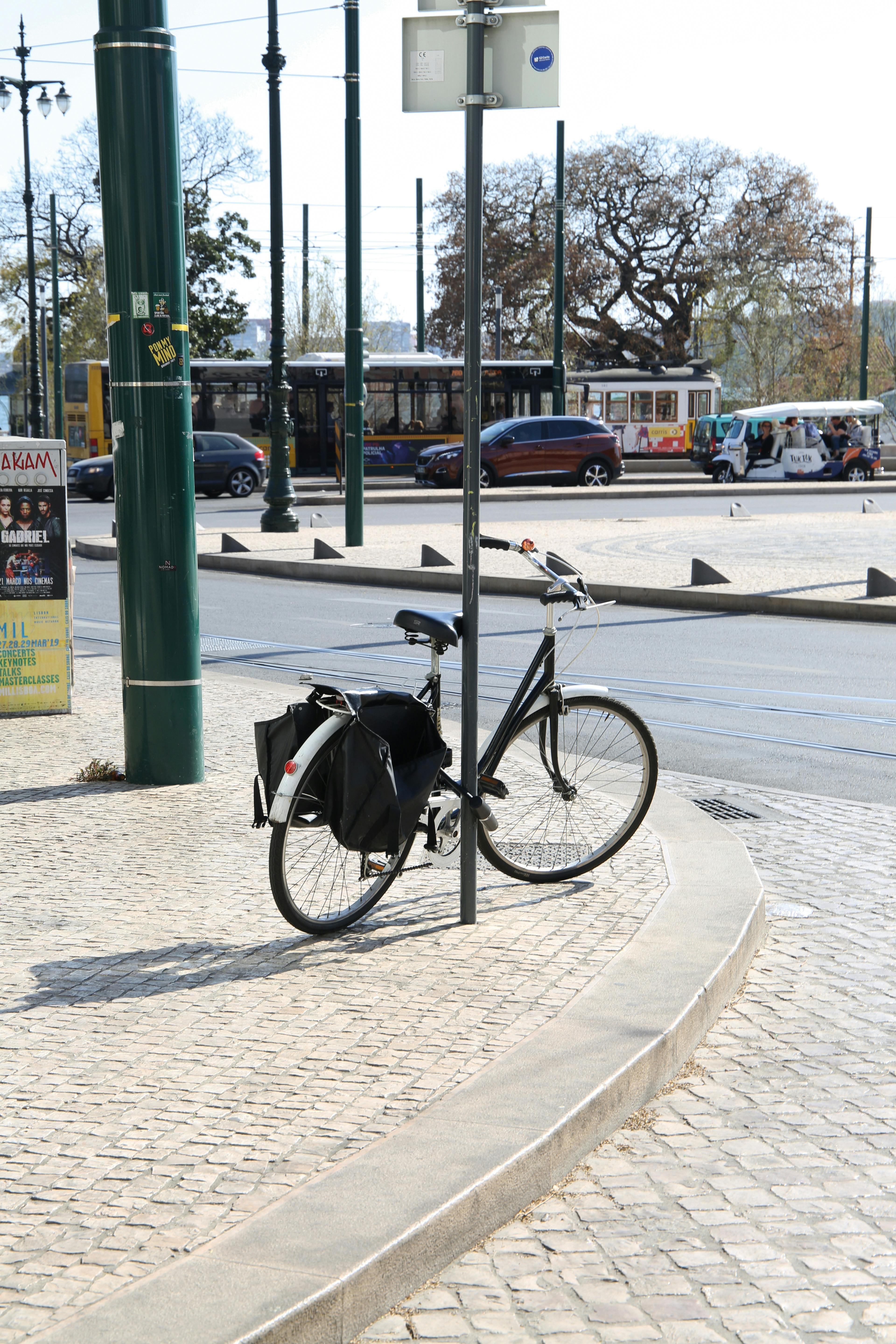
Bikevibe: Where do people park their bikes in the city?
Laura: The lack of bike parking needs to be developed. There is nowhere to leave your bike that’s safe and secure. When I go to and from work, I always take the bike inside with me. Otherwise I tend to just lock it to a pole, but I don’t really feel safe leaving it outside, definitely not over night, because then I’m afraid it would get stolen. It is not enough people cycling for there to be a market for bike theft, but I still would not take the risk.
Hester: We sound very negative, but things are also changing really quickly, so I do see the potential of it getting better and the politicians are working hard to improve the infrastructure. We are just at the starting point.
What’s also missing in Lisbon is the possibility to buy a city bike at an affordable price. I was looking to buy a bike and found my self stuck between a really nice and expensive concept bike, and a mountain or track bike, and nothing is really suitable for riding to the supermarket. So maybe there’s an opening for these type of bikes. Good, long lasting and affordable day to day city bikes. Also second hand bike shops would make the market more welcoming.
In the Netherlands they have a bike rental system called Swapfiets. The way it works is that you rent a propper city bike for 15€ a month. If it breaks down or you get a flat tire they pick it up and you get a new bike right away, so you always have a bike. Off course in Lisbon you would prefer the rental bike to be electric, due to all the hills and the warm weather, but it should be possible to have a system like this here as well.
I think the mentality of Portuguese people is very admirable. They have this positive attitude that I would love to adapt. Like for example if the bus is 10 min late, they never stress and get angry, they’re just happy when it eventually arrives. I think that is a healthy way of living, instead of always stressing around and taking the fastest possible way. Maybe it’s a good thing, but it’s also probably why the change is hard.
Laura: A «cycle to work» scheme could also be a good solution in terms of being able to afford a bike. If you cycle to work either your job pays for your bike, you get it tax free or you get a down payment plan, which is really nice. That is how I got my bike.
But it all comes down to creating safe bike paths and reliable public transports. Only then I think you will start to see a change in peoples routines and maybe leave the car at home to choose a better, healthier and faster way to get around. Just make it an easy choice for people, because change is uncomfortable.